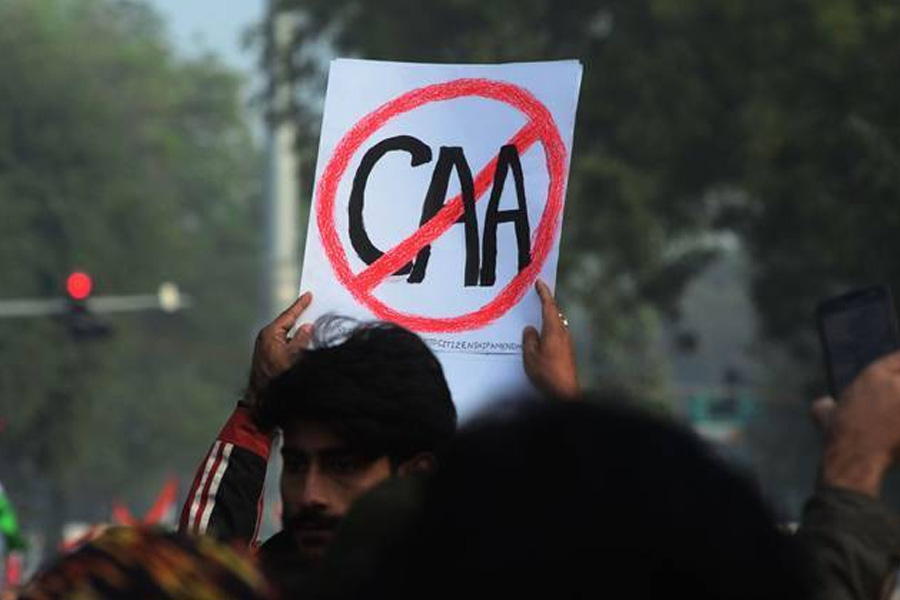
Some of the most important policies and rules relating to citizenship administration in India breach public law norms, argue the authors.
Authors
Balu G Nair, Assistant Professor, Jindal Global Law School, O.P. Jindal Global University, Sonipat, Haryana, India.
Farrah Ahmed, Melbourne Law School, University of Melbourne, Melbourne, Victoria, Australia.
Summary
Primary legislation on Indian citizenship – particularly the Citizenship (Amendment) Act, 2019 – has recently attracted a great deal of attention. However, secondary legislation, and administrative policies and practices, which form the backbone of citizenship administration in India, have mostly escaped scholarly and public attention.
This is concerning since the lawfulness of some of these critical policies and secondary legislation is highly questionable. Against this background, we survey and analyse the main policies and secondary legislation that constitute India’s citizenship administration.
We then argue that despite government’s efforts to argue for immunity from judicial review, and some judicial statements characterizing administrative discretion in this area as “absolute and unfettered”, judicial review of citizenship administration is very much available. Finally, we argue that some of the most important policies and rules relating to citizenship administration in India breach public law norms.
Published in: Indian Law Review
To read the full article, please click here.


